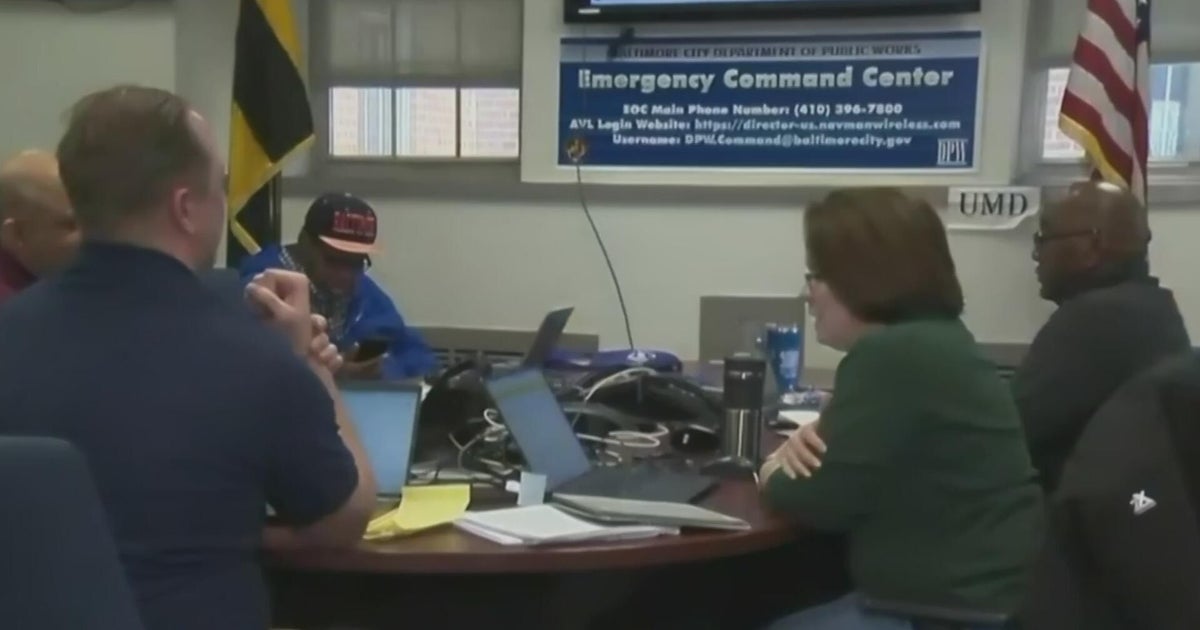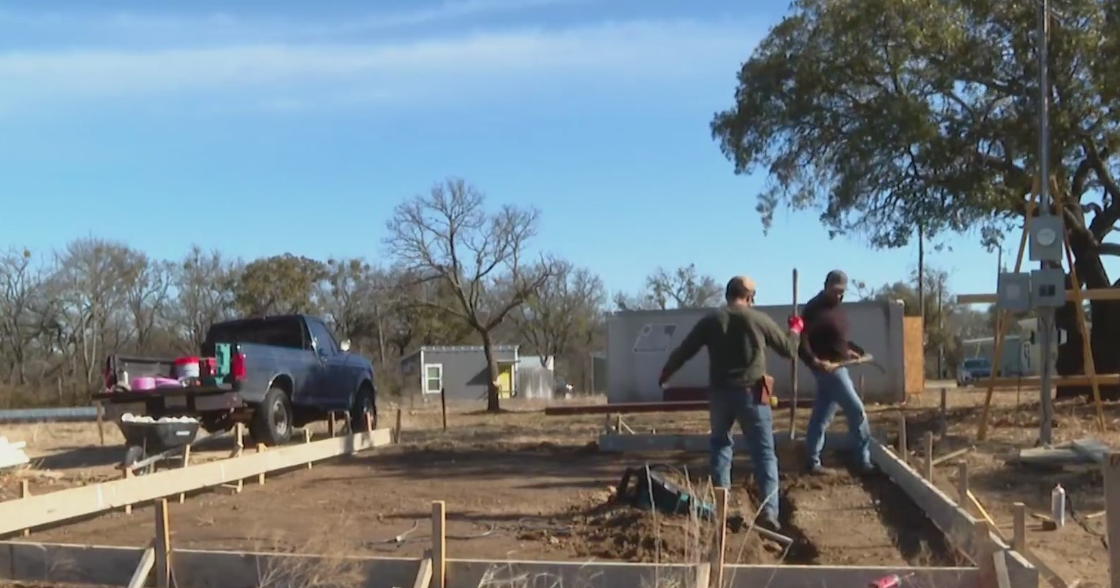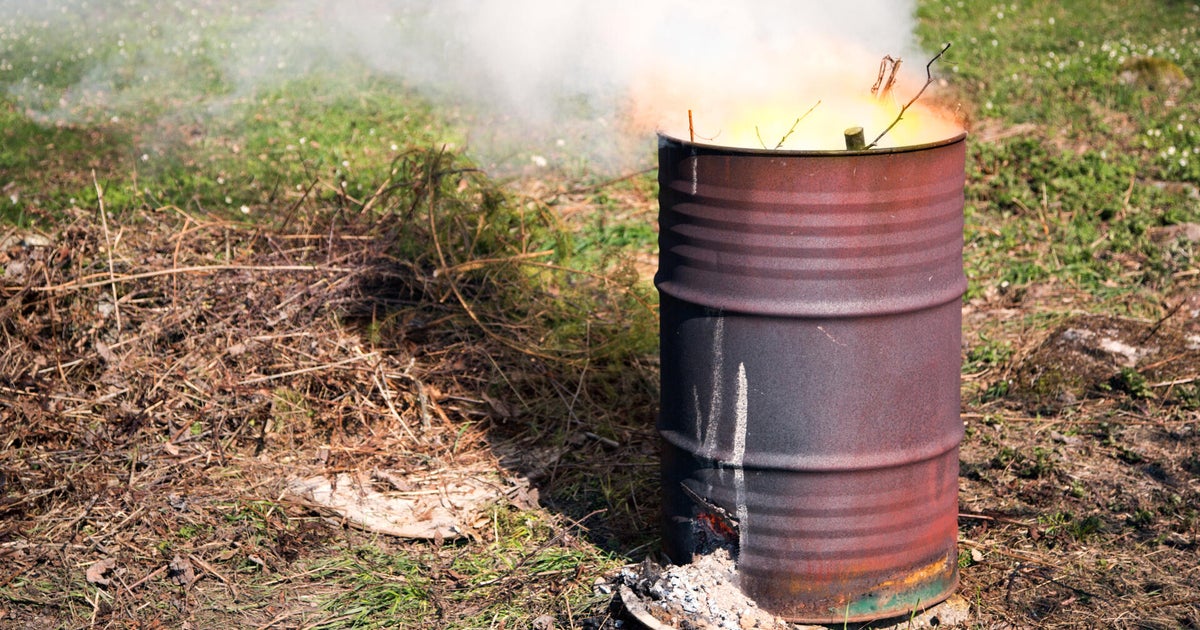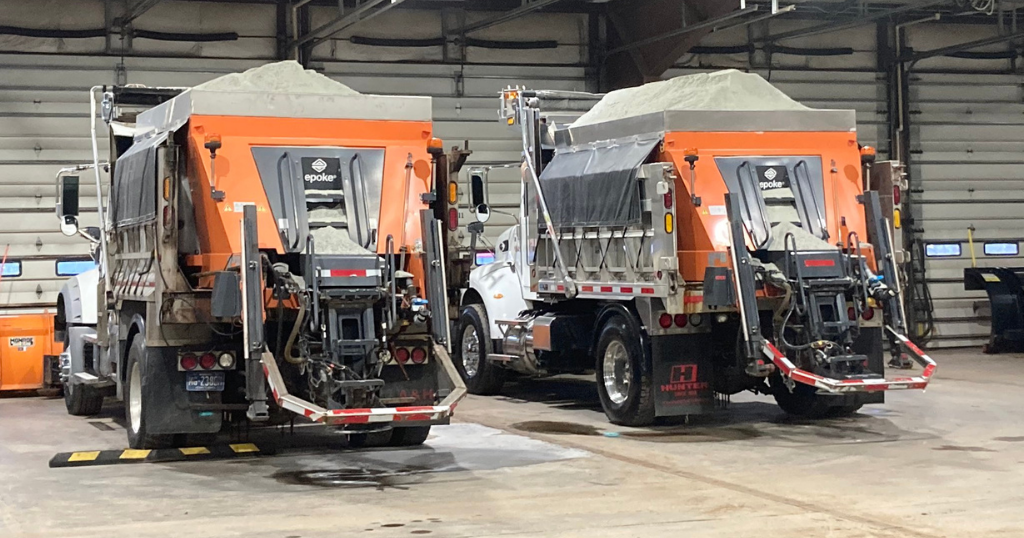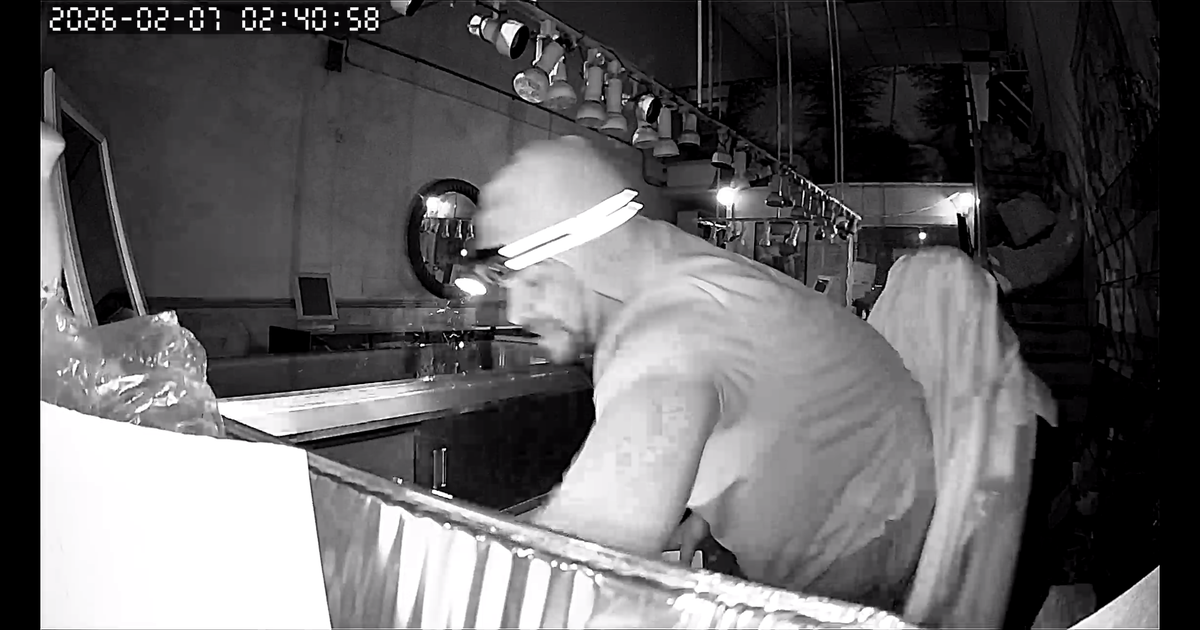AA Confirms Third Flight Had Seat Issues
MIAMI (CBSMiami) – American Airlines says it may know what caused rows of seats to break loose on six different planes. The airline says those seats had improperly-installed clamps that caused them to detach from the floor of the cabin.
The development comes just hours after American Airlines pilots told CBS4's Peter D'Oench that they thought that this was a maintenance issue and not an act of sabotage because of an ongoing labor dispute.
"American is a great airline. We've just got to fix something," said one veteran American Airlines captain at Miami International Airport. While he did not want to be identified, he told D'Oench, "I really believe the situation is an accident that happened and the problem's being worked on."
Asked by D'Oench what he would say to the "flying public," the pilot said, "Be patient."
In a statement released late Tuesday afternoon, American Airlines spokeswoman Andrea Huguely said that overnight, a group of engineers, tech crew chiefs and inspectors from its Tulsa, Oklahoma Maintenance Base evaluated planes at New York's John F. Kennedy Airport and other facilities around the country.
"Out of an abundance of caution," Huguely said, "the decision was made to proactively evaluate a total of 47 Boeing 757 airplanes that have the same model Main Cabin seats with a common locking mechanism."
Huguely said 36 planes were evaluated by maintenance personnel overnight and another 11 airplanes will be evaluated to finish the inspection.
Huguely said American's internal investigation focused on one of three type of Main Cabin seats on the 757s and "how the rows of these three seats fit into the track that is used to secure the rows to the floor of the airplanes."
"Our maintenance and engineering teams have discovered that the root cause is a saddle clamp improperly installed on the row of the foot of the row leg," said Huguely. Those clamps were used on 47 of American's 102 Boeing 757 airplanes.
Huguely added, "The issue does not seem to be tied to any one maintenance facility or one workgroup."
Huguely said the F.A.A. was aware of its findings, as well as the steps being taken to address the issues.
"American regrets the inconvenience that this maintenance issue may have caused customers on affected flights," said Huguely. "Safety is—and always will be—American's top concern."
It is not known if this problem has ever happened before on American Airlines planes.
Two Miami bound American Airlines flights were forced to make unscheduled landings after rows of seats became loose.
Last Saturday, a Boston-to-Miami American Airlines flight had to make an emergency landing at JFK when a row of seats also became loose.
In a dramatic transmission from the pilot obtained by CBS4, you hear the captain saying, "Got an unusual one for you, during climb out rows, passenger seats row 12 d, e and f came loose and out of the floor. Passengers are unable to sit in that seat."
On Monday an American Airlines 757 bound for Miami was forced to return to John F. Kennedy International Airport Monday after a row of seats became loose shortly after takeoff.
"We're going to burn fuel and return to Kennedy airport," says the pilot in another transmission.
"A row of seats basically became unbolted from the floor. The seats were completely not attached," said Sam Mayer, a New York-based AA pilot and spokesman for the Allied Pilots Association. "With turbulence, you have to be cautious. That's why everyone has to stow everything under the seat to prevent loose objects from flying around the cabin — and you've got a whole row of seats unbolted."
The Federal Aviation Administration said both planes had recently undergone maintenance work that required seats to be removed and reinstalled.
"An initial internal investigation into why a row of seats became loose on two American Airlines Boeing 757s has indicated that there could be a possible issue with a certain model of seats and how they fit into the tracking used to secure the seats," said the air carrier in its original statement. "The seats were installed by American maintenance and contract maintenance. The issue does not seem to be tied to any one maintenance facility or one workgroup."

